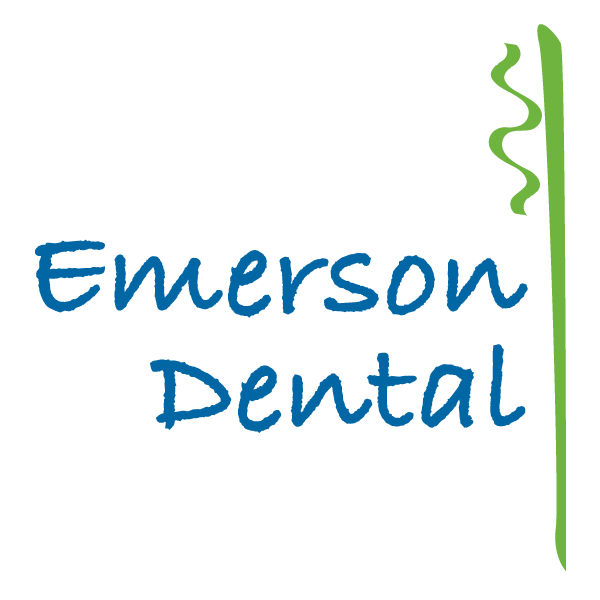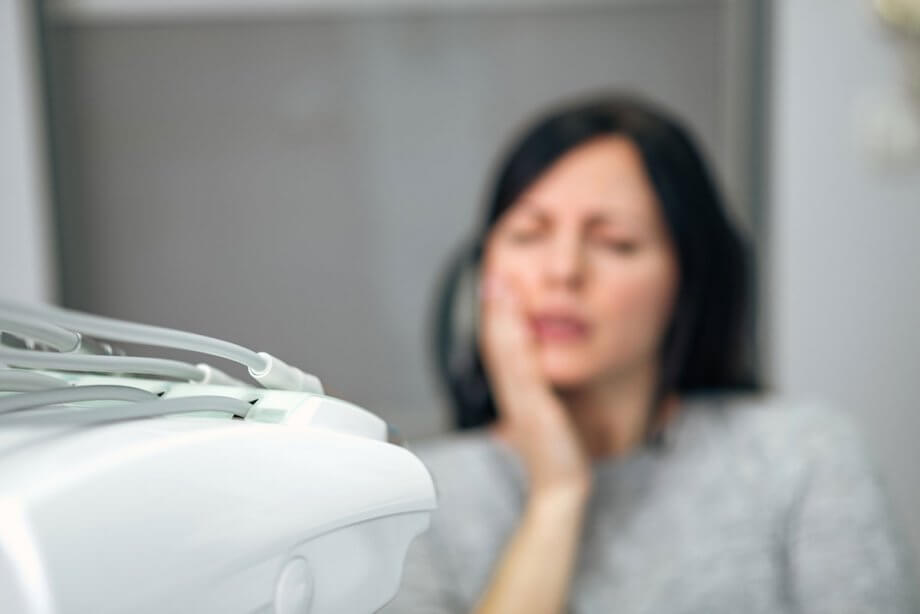Both sides of your jaw are attached to your skull by your temporomandibular joints. When you open or close your mouth, these joints, also known as TMJ, serve as a sliding hinge. Despite the fact that we use these joints on a daily basis, we seldom give them a second thought—until they begin to hurt. TMJ disorder, or TMD, is described as dysfunction in one or both of the temporomandibular joints or the muscles that operate them.
TMJ disorder is difficult to diagnose since many of its signs are similar to those of other disorders. It's important to see a TMD doctor who has experience diagnosing and treating the condition, which is why you should make an appointment with Emerson Dental. We recognize that TMJ care should be personalized to address the root cause of the pain, rather than only treating the symptoms.
Self-Managed Care for TMJ Pain
TMJ disorder is best treated with a “less is more” approach, according to the National Institute of Dental and Craniofacial Research. This entails using self-managed care as a first line of defense before resorting to medical intervention. Many patients find that these at-home care techniques help them manage moderate TMJ pain or TMD that flares up when they're stressed.
Here are some self-managed treatment options for TMJ pain:
- When you have jaw pain, eat a diet of easy-to-chew, soft, or liquid foods.
- You should also avoid unhealthy oral habits like nail biting and chewing gum.
- Use heat packs, cold compresses, or a combination of the two to reduce swelling.
- Use massage and relaxation techniques to relieve jaw tension.
- Take over-the-counter anti-inflammatory pain relievers (NSAIDs) when pain is severe.
Patients who find that their TMJ symptoms are more active during stressful periods should address the stressors in their lives, but we understand that this is easier said than done!
Non-Surgical TMJ Treatments
Nonsurgical medical treatments are the next step after self-managed care. Many patients benefit from these non-invasive TMJ therapies. At Emerson Dental, we take the time to figure out why you're having TMJ pain so we can create a care plan that's customized for you.
The following are some common non-surgical TMJ treatment options:
- Prescription medication, such as anti-inflammatory medications, pain relievers, or muscle relaxants
- Botox injections to prevent jaw muscles from being over-active
- TMJ appliances or splints to prevent jaw clenching and teeth grinding while sleeping
- Orthodontic treatment to correct jaw misalignments
Surgical TMJ Treatments
Surgical TMJ treatments should only be used as a last resort when all other potential solutions have been exhausted. Since these procedures are permanent, it's typical for doctors to recommend a conservative procedure like arthroscopy before moving forward with a joint replacement.
A combination of self-managed care and one or more non-surgical treatment options yields positive outcomes for the majority of patients, allowing them to feel better and be more active, without the burden of chronic pain.
Learn More About TMJ Disorder Treatment
If you have TMJ disorder and you’d like to schedule a consultation to discuss treatment options, contact us today to make an appointment at one of our two locations.

